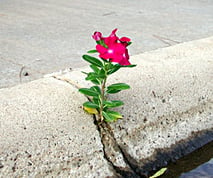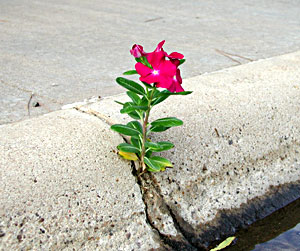 I walked the city tonight.
I walked the city tonight.
I walked the city tonight with eyes wide open and wept over what I saw. I went looking for life but saw death and pain and sin all around me.
Pavement beneath my feet. Pavement for miles on end. Rock, concrete, brick, plaster and stone enclose and entomb. The heart of the city must be cold, too, to survive in such a coffin. Why do I return to the city?
Neon signs blink, stammer, and beckon to the moths who have grown accustomed to the language of the night. Brakes squeal in protest as the city bus slides to a stop on the side of the mountain of Babel. The worn out discs aren't the only thing protesting. A glance at the face of my waiter, the face of the man climbing the sidewalk towards me, the face of the musician, the barrista, the student, the street-dweller reveal that none of these understand stopping when it's so much easier to roll on down the hill—so much easier to slide on down the line. Why do I return to the city?
Login to read more
Sign in or create a free account to access Subscriber-only content.
Topics:
